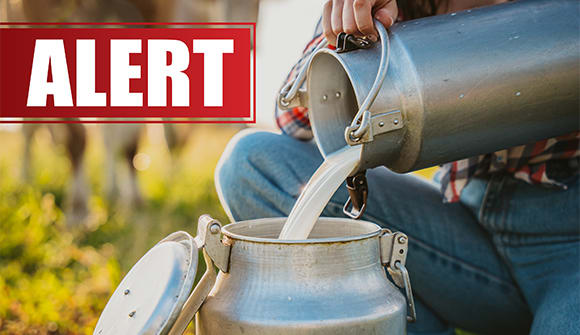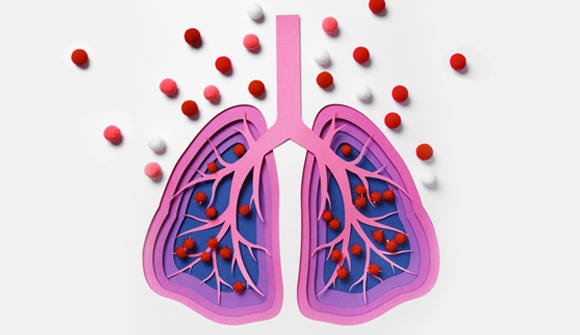Health risks of raw milk
Serious sicknesses reported from unpasteurized dairy products.
Article Author: Juliette Allen
Article Date:

Raw milk from a Florida farm has been linked to more than 20 cases of foodborne illnesses, including seven hospitalizations. Now, infectious disease experts are warning the public about the risks of consuming untreated dairy products.
Shalika Katugaha, MD, system director of Infectious Diseases for Baptist Health, answered frequent questions about the recent cases, risks of consuming raw milk, and provided tips to avoid illness.
What is raw milk?
The milk sold at major grocery stores is pasteurized, meaning it undergoes a process of heating to kill potentially harmful bacteria and disease-causing agents. “Raw” dairy is milk from cows, sheep, goats or other animals that hasn’t gone through that process.
“Pasteurization kills organisms responsible for diseases such as listeriosis, typhoid fever, tuberculosis and diphtheria, to name a few,” said Dr. Katugaha.
What are the risks of drinking untreated milk?
“Raw milk may harbor several pathogens [bacteria and/or viruses] capable of causing disease, and is associated with serious health risks,” said Dr. Katugaha. “Drinking raw milk puts you at higher risk of infections, severe disease and hospitalization from illness caused by bacteria and other pathogens in the product.”
Dr. Katugaha also cautioned that clean-looking milk can still be contaminated.
Potential symptoms of foodborne illness from raw milk include:
- Cramping
- Diarrhea
- Vomiting
- Kidney failure
- Paralysis
- Stroke
Who should avoid unpasteurized dairy?
People at highest risk for serious illness from raw dairy include:
- Pregnant women (due to risk of listeria, which can cause preterm birth or miscarriage)
- Infants and children
- Adults over 65
- Immunocompromised individuals
How can I prevent foodborne illness?
To keep yourself and your family safe, Dr. Katugaha recommended:
- Checking all labels to make sure your milk and dairy products are pasteurized.
- Refrigerating perishable foods at 40 F or colder to slow bacterial growth.
- Throwing away spoiled or expired foods.
“My message to the public is that there’s no evidence that raw milk offers health benefits over pasteurized milk,” said Dr. Katugaha. “Research shows that unpasteurized dairy is hundreds of times more likely to cause illness per serving than pasteurized dairy, and the risk increases with higher consumption. Pasteurization saves lives.”
If you’re experiencing symptoms of foodborne illness, contact your primary care physician for guidance and treatment options. If the symptoms are severe, go to the nearest Emergency Center.
Reference: Florida Department of Health



